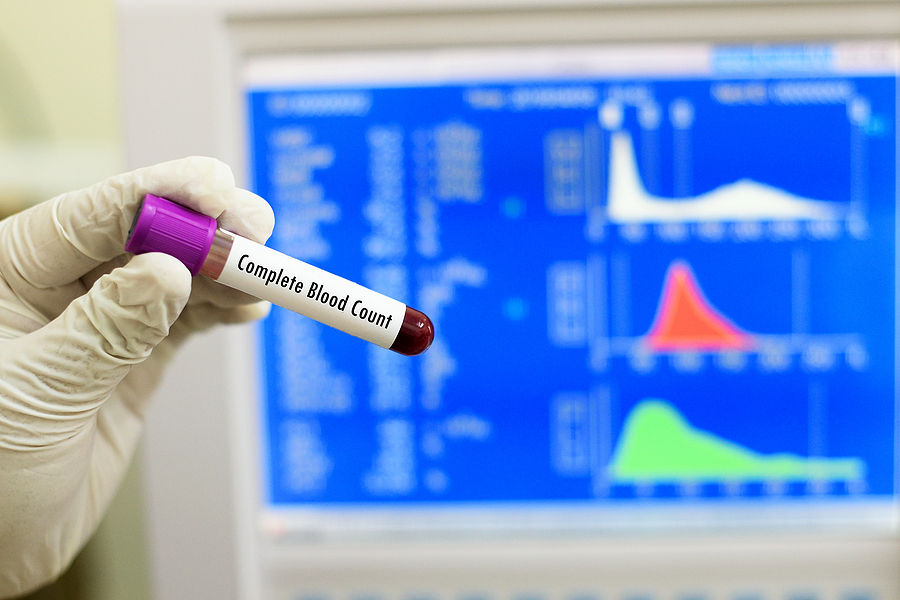Do You Need Rabies Vaccinations Before Travelling?
- Sarah
- Jun 19, 2025
- 3 min read
Before travelling overseas, you should always check whether there are any vaccinations you need. In many cases, the answer is no, especially when travelling to places like Europe, the US or Australia with advanced sanitation and health systems.
In other cases, however, you should use our travel health services to get prepared with whatever jabs you need, as well as other medication and advice on prevention for dealing with things you can’t be vaccinated against but may need protection from, like malaria.
Common vaccinations include yellow fever, which you need to be vaccinated against (and have the certificate to prove it) before visiting many countries in tropical and sub-tropical regions. Jabs for tetanus and different forms of hepatitis are also important in many countries.
Rabies Tragedy Highlights Risk
However, one virus that has made the news recently might pose a lot of questions: Rabies.
Once caught by humans, the virus is almost always fatal and this proved to be the case in the instance of Yvonne Davies, a 59-year-old grandmother from Barnsley, who was infected after being scratched by a puppy while on holiday in Morocco in February.
Rabies can have a lengthy incubation period and Ms Davies had no symptoms until the start of June, when she fell seriously ill, suffering severe headaches and swiftly losing her capacity to walk, talk, sleep or swallow. Details of the case were revealed by her family following her death in hospital.
What makes rabies so deadly is the fact that there is no cure once symptoms appear. With the victim having decided the minor scratch was of no consequence, she took no action. This may raise the question for travellers about what they should do when visiting at-risk countries.
Medical Options For Rabies
There are two possible medical responses. One is to be vaccinated beforehand, while the other is to respond immediately to any possible infection due to a scratch, bite or lick of an open wound with a series of injections and cleansing the wound. If this treatment is given swiftly, you will be safe.
In most cases, this is the recommended course of action to take, rather than being vaccinated beforehand, as infections are, mercifully, quite rare.
While vaccination is not recommended for most people, there are a few people for whom it is. Primarily, it is for those who are likely to be in close contact with potentially infected animals, which usually means those travelling to do professional work, such as vets or zoologists.
You may also get vaccinated if you are going to be in a high-risk country for more than three months, or are going to be in a location where it may be difficult to access prompt treatment after being infected.
Rabies Risks By Country
The level of risk by country has been listed by the UK Health Security Agency, which classifies some places as ‘no risk’, except for a possible risk from bats. Around 150 countries, including Morocco, are high risk. This list even includes some eastern European countries like Poland, Romania and Serbia.
Another crucial point to note is that rabies is almost always caught from dogs, usually from bites, as these will penetrate the skin and transmit the virus via saliva. The virus cannot pass through unbroken skin.
Tourists visiting areas at risk should be aware of them before they go and be ready to act quickly if bitten or scratched by any creature they suspect may have the virus, especially if it is a dog. Your travel insurance should cover the costs of getting treatment and also ensure you are given it promptly.
.png)



Comments